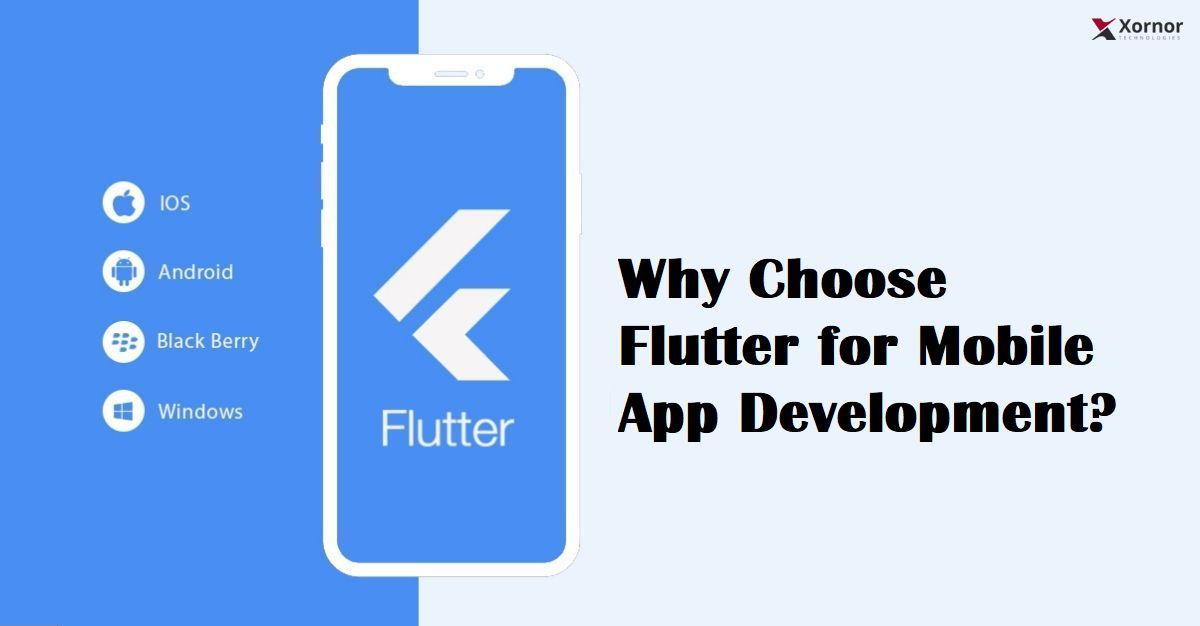
Technical experts seeking efficiency and perfection must choose the best framework in the constantly changing world of mobile app development. Flutter has become the favoured option among developers due to its unique characteristics.
In this article, we will discuss Flutter’s technical features, including what it is, its uses, the programming language that underpins it, its benefits and drawbacks, and notable companies that have adopted it.
What is Flutter?
Flutter is an open-source UI software development kit (SDK) created by Google. It allows developers to build high-quality, natively compiled applications for multiple platforms, including mobile, web, and desktop, using a single codebase.
What is Flutter Used For?
Flutter is a popular choice for mobile app development, as it can be used to build apps for both iOS and Android devices. It can also be used to build web and desktop apps. Some of the apps that have been built with Flutter include:
Google Ads
Google Assistant
Alibaba’s Alipay
eBay Kleinanzeigen
Reflectly
What Programming Language is Flutter Based On?
Flutter is based on the Dart programming language, which is also created by Google. Dart is an object-oriented language that is known for its performance, safety, and conciseness.
Advantages of Flutter App Development
There are many advantages to using Flutter mobile app development, including:
Cross-platform development: Flutter allows developers to build apps for multiple platforms with a single codebase. This can save time and money on development costs.
Rapid development: Flutter’s hot reload feature allows developers to see changes to their code instantly, which can significantly speed up the development process.
Excellent UI: Flutter provides a wide range of widgets that can be used to create beautiful and interactive user interfaces.
Native performance: Flutter apps are compiled to native code, which means that they have the same performance as apps that are built using native development tools.
Large community: Flutter has a large and active community of developers who are constantly creating new packages, widgets, and tools.
Disadvantages of Flutter Mobile App Development
There are a few disadvantages to using Flutter mobile app development, including:
Limited native modules: Flutter does not have as many third-party libraries for interacting with device-specific features as native development frameworks.
Learning curve: Flutter has a steeper learning curve than some other mobile app development frameworks.
Flutter is a powerful mobile app development framework that offers many advantages over other frameworks. It is a good choice for developers who want to build high-quality, cross-platform apps with a single codebase.
However, it is important to be aware of the limitations of Flutter before choosing it for a project. If your app requires a lot of interaction with device-specific features, you may want to consider using a native development framework instead.
Overall, Flutter is a promising technology that has the potential to revolutionise mobile app development. It is a good choice for developers who want to build high-quality, cross-platform apps with a single codebase.